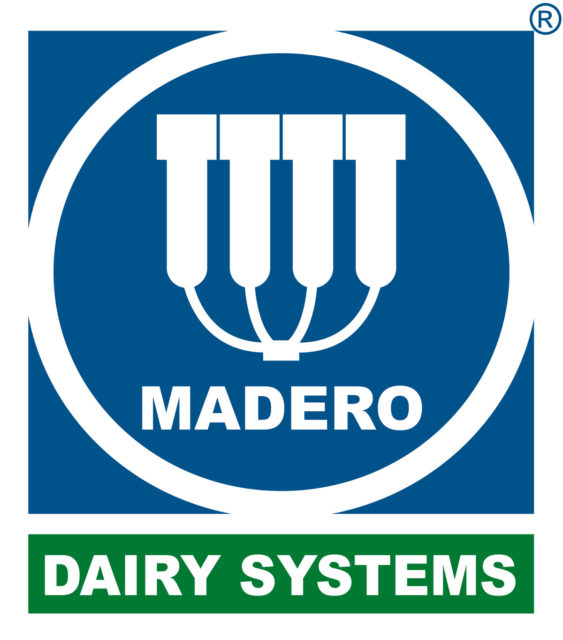A proposed organic agriculture promotion program has rankled some organic dairy producers. But what is really at stake for organic dairies in the possible creation of an organic promotion program? When Congress passed the recent farm bill, one of the new provisions authorized the USDA to create a promotion, or checkoff, program applicable specifically to organic agriculture.
Simultaneously, the farm bill grants an exemption to organic operations from being required to participate in existing checkoff programs.
The organic promotion, like the existing commodity promotion programs, would be subject to producer implementation and approval, be subject to USDA oversight, compel producer participation with limited exemption and be operated by a board of participating producers appointed by the secretary of agriculture.
As to the implementation of these new laws, the USDA has two tasks before it. The first task is to develop regulations to permit organic producers to opt out of the existing checkoff programs. The dairy promotion already contains provisions that allow for organic producers to opt out.
But not all promotion programs contain such an explicit option. The farm bill provides that clear directive relative to all promotion programs. The USDA is obligated to develop the regulations to implement that part of the farm bill.
The second task is the development of an organic checkoff, which is already under way. At this relatively early stage in the process, the ball is in the producers’ court. The USDA does not really create promotion programs. Rather, it approves and administers programs developed and approved by the commodity groups being promoted.
In the case of organic agriculture, this effort is being led by the Organic Trade Association (OTA). According to OTA’s website, they are currently soliciting input from organic farmers regarding the support for and specifics of the program.
Once that part of the process is completed, the proposal will be submitted to the USDA for consideration. Ultimately, the organic promotion, like any other, would require the approval of at least two-thirds of producers.
Obtaining that super-majority approval is likely to be an uphill battle, as getting consensus of such a diverse group will prove challenging. For starters, the scope of the organic promotion will cut across commodity lines.
The report of the House and Senate farm bill managers notes, “For the first time, a checkoff program is not solely commodity-specific but could be established on the basis of a specific set of production and processing practices” (Joint Managers’ Report, p. 1093).
As a point of comparison, when the dairy promotion was put up for a renewal referendum in 1993, only 71 percent of producers voted to continue the program – and they all had a common interest in the promotion of a single commodity.
A second complication in obtaining approval is that, for producers exempted from another promotion program, you are going to be asking for additional money out of their pocket. OTA explains on its website that the expected assessment rate for the program will be one-tenth of one percent of gross sales .
For organic milk at $35 per hundredweight, that amounts to $0.035. While that three and a half cents is only about 25 percent of the 15-cent assessment fixed by the dairy promotion program, with organic dairies already exempt from promotion funding, the organic assessment represents a wholly new cost to add to an organic dairy farm’s expenses.
And with the statutory exemption from commodity promotion expiring if an organic promotion is approved, there is certain to be a number of producers who would just prefer to keep their money and promote through other means.
The discussion between the proponents and opponents is certainly under way. OTA has a website where it lays out its case for the benefits of a promotion program. It cites the process involved in the approval of a promotion and much of the proposed mechanics of how the order would operate and be governed.
Among the touted benefits to producers are educating consumers about the benefits of organic, differentiating between organic and “natural,” research on the benefits of organic agriculture and additional research.
On the other side, the Northeast Organic Dairy Producers Association (NODPA) is one of the groups opposing mandatory organic promotion. NODPA has included on its website its arguments opposing the promotion order.
NODPA opposes the removal of producer choice in deciding whether to participate in a promotion program and also challenges the notion that a consensus of organic producers has ever been reached regarding the desire or need for a promotion program.
Regardless of how the process works out, it will not be a short road. Given previous promotion order proceedings, it would be expected that two or more years might elapse between now and any final resolution, which will give both those in favor and those opposed plenty of time to make their arguments. PD

Ryan Miltner
Attorney
The Miltner Law Firm LLC





